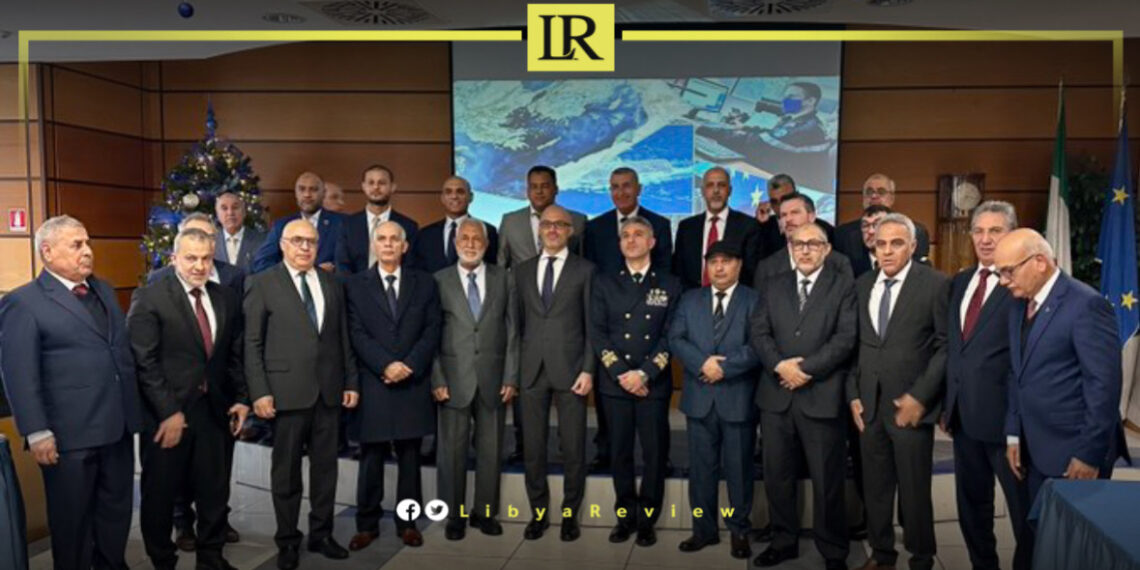On Thursday, the Libyan Joint Military Commission (JMC) 5+5 held a pivotal meeting with European Union officials in Rome to advance collaboration aimed at maintaining Libya’s stability and supporting its ongoing peace process.
The meeting, hosted by EU Ambassador to Libya Nicola Orlando, included representatives from the United Nations Support Mission in Libya (UNSMIL), the EU delegation, and the EU’s Operation IRINI.
The discussions centered on the progress made by the JMC since the 2020 ceasefire agreement, which established the commission as a bridge between Libya’s eastern and western military factions. Key achievements discussed included the reopening of vital transportation links, such as the coastal road connecting eastern and western Libya, and the implementation of joint security arrangements that have built trust between rival groups.
EU Ambassador Orlando reaffirmed the European Union’s steadfast commitment to supporting Libya in sustaining the ceasefire and strengthening the country’s security infrastructure. He emphasized the importance of integrating military forces and fostering national reconciliation, critical steps toward achieving a unified and stable Libya.
Operation IRINI, the EU’s mission responsible for enforcing the UN arms embargo on Libya, featured prominently in the talks. The operation’s contributions to enhancing Libya’s maritime security, including capacity-building and training programs for Libyan naval institutions, were highlighted as essential components of broader peace efforts.
Since October 2021, the EU has supported initiatives that have facilitated significant milestones, including the reopening of the coastal road and establishing trust-building measures between Libya’s security actors. These efforts have helped to ease tensions and promote dialogue between eastern and western factions, laying the groundwork for more comprehensive security integration.
The JMC, comprising five representatives from the Libyan National Army (LNA) in the east and five from Western-based forces aligned with the Government of National Unity (GNU), plays a crucial role in bridging political and military divides. Its ongoing cooperation with the EU underscores the importance of international partnerships in ensuring Libya’s fragile peace process continues to advance.


